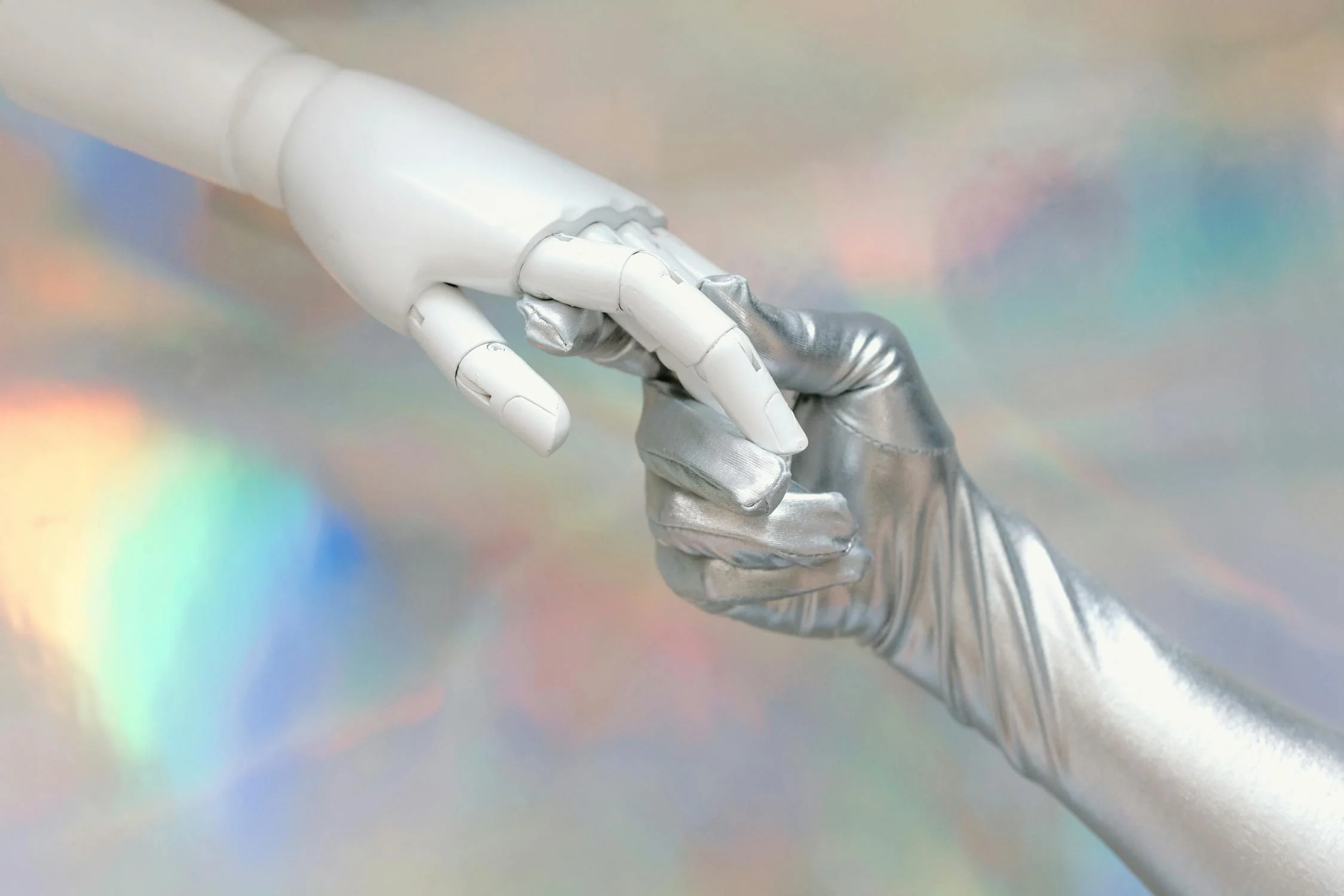The Ethics of AI in Music: What Supervisors and Studios Should Be Asking

One of the most pressing ethical questions in AI-generated music is authorship. Who should be credited when a track is created by an algorithm? If that AI system was trained on a dataset of copyrighted songs, is the resulting composition truly original—or is it derivative work? These questions challenge the foundations of music ownership, intellectual property, and creativity.
For music supervisors, labels, and studios, the answers aren’t just philosophical—they’re deeply practical. Misattributing authorship can lead to royalty disputes, damaged relationships with artists, and even legal action. As synthetic audio becomes more prevalent, the industry needs clearer standards for how credit is assigned and what constitutes fair use in the era of machine-assisted composition.
Transparency and Audience Trust
Audiences are becoming more curious—and cautious—about how content is made, including music. In an age where synthetic audio can sound indistinguishable from human performances, transparency has never been more important. Should viewers be informed when AI-generated music is used in a film, commercial, or video game? Many would argue yes.
Transparency isn’t just about checking a legal box—it’s about building trust. Brands that disclose their use of AI music are more likely to connect with audiences who value authenticity and ethical media practices. Whether through behind-the-scenes content or simple disclosures, studios that communicate openly about their creative tools will stand out as trustworthy and forward-thinking.
Balancing Innovation with Integrity
There’s no question that AI tools open new creative doors. They can accelerate workflows, generate fresh ideas, and even help indie creators produce high-quality music without large budgets. But with great innovation comes the need for great responsibility. Studios and music professionals are now walking a tightrope: how to embrace new technology without undermining the value of human artistry.
This balancing act requires a thoughtful framework—one that respects existing copyright laws, protects artist identities, and promotes fair attribution. Establishing ethical standards around AI-generated music isn’t about slowing progress; it’s about ensuring that the creative ecosystem remains sustainable and respectful as it evolves.
The Need for Responsible Practices
From how AI music is trained to where and how it’s distributed, studios must take a closer look at the entire lifecycle of synthetic audio. Was the AI model trained on licensed material? Are the outputs clearly labeled and traceable? Is the content being marketed in a way that could mislead consumers or overshadow real artists?
Responsible use of AI-generated music starts with awareness and continues with action. This includes adopting tools like aimusicdetection.com to help identify and flag synthetic tracks, reviewing licensing terms carefully, and setting internal policies around attribution and disclosure. These steps help prevent future legal issues while reinforcing a company’s values around ethical innovation.
Conclusion
The ethics of AI in music aren’t just about compliance—they’re about culture. The choices studios and music supervisors make today will shape the expectations of tomorrow. By asking hard questions, being transparent, and using AI-generated music detection tools to guide their decisions, industry leaders can strike the right balance between innovation and integrity.
Platforms like aimusicdetection.com offer a practical starting point for ensuring synthetic audio is used responsibly. With the right tools and mindset, creative teams can explore what’s possible with AI—without losing sight of what makes music meaningful in the first place.
